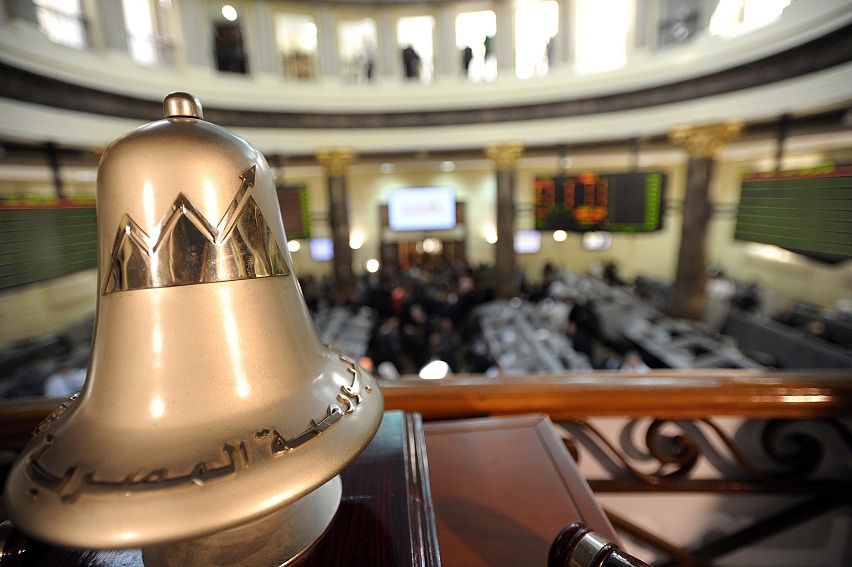By Mohammad Ayyad and Mohamed Adel
The government will hold a session Wednesday to hear proposals from ministers on budget development, said Sherif Shawky, media adviser to the Prime Minister.
With all articles still “under review”, the majority of the discussions will revolve around the state budget and how to fix it.
On Tuesday, President Abdel Fattah Al-Sisi said that “everyone must sacrifice for Egypt”. He added that the budget, weighed down by a huge deficit and debt, “places a heavy burden on future generations, so I decided not to ratify it until it is reformed.”
The Ministry of Finance decreased subsidies for petroleum resources in the budget to EGP 104bn, compared to EGP 134.29bn in the current budget, which ends this month.
Former President Adly Mansour did not approve the budget before he left office. Under the new budget, the fiscal deficit will reach EGP 287.6bn or 12% of GDP, and future revenues are estimated at EGP 516.8bn, with government spending EGP 807.2bn
“It is natural that the new president is reviewing the budget, to make sure it is in line with his economic programme,” said Musbah Qatb, Adviser to the Minister of Finance. This is especially as it has seen sweeping reforms including reducing energy subsidies, comprehensive reform of the tax system, and added taxes on capital gains. Taxes have also been added on dividends, the stock exchange, and the introduction of a tax on personal and corporate wealth exceeding EGP 1m, said Musbah Qatb.
The current budget raises allocations for social welfare programmes by 200% to reduce the effect of reducing energy subsides for the poor.
“Increasing government spending during recent year inflated the budget deficit, which led to debt exceeding safe limits,” said Mohamed Farid, president DCode Financial Advisers, “The government now has to increase its resources without focusing on reducing expenditures alone.”
Farid mentioned that increased government resources lowers the deficit, the main reason for worsening debt. This must be done through reforming the tax system, combating tax evasion, applying additional income taxes, taxes on capital gains and dividends, and quickly integrating the parallel informal economy through clear mechanisms.
Egypt received EGP 66bn in aid during fiscal year (FY) 2013-2014,but the current version of the FY 2014-2015 budget only includes EGP 18.4bn. This necessitated taking a number of austerity measures to control runaway deficits.
“The government would be unable to support the reduction of petroleum products as proposed in the FY 2014-2015 budget, which reduces it to about EGP 104bn compared to EGP 134bn in FY 2013-2014,” says Medhat Youssef, Former Vice President of the Petroleum Authority.
Energy subsidies without reforms will cost the state treasury EGP 145bn in the new budget, said Youssef. There must be reform of the subsidy system, but this must be done gradually so as not to hurt the poor from the inevitable rise in fuel prices.
“Government entities are the biggest beneficiaries of support, such as power plants, electric stations, diesel for buses that belong to public transportation, and gasoline for government cars, especially those belonging to the Interior Ministry,” said Youssef.
He added: “Subsidy reduction is a danger that threatens the economy and it must be treated very carefully. The government should not raise prices of petroleum products except after having control of them on the market, so there aren’t price jumps the poor have to pay for.”



